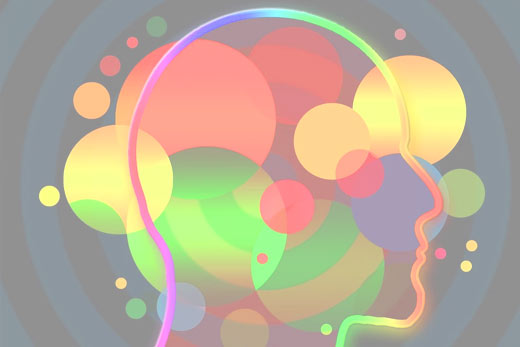Certificate in Counselling & Psychotherapy Studies

Course Details
- Cork Counselling Services
- Cork
- Counselling and Psychology
- POA
- Part Time and Evening, Weekend
- Continuous Intake
Course Description
The one year Certificate in Introduction to Counselling & Psychotherapy Studies offers students an opportunity to take a step by step approach to professional training. Enrolment closes Fri 2nd October 2020 at midday. This programme offer full credits towards the IACP-accredited BSc(Hons) Counselling and Psychotherapy, with the group meeting over nine workshops between October and June. The Certificate course will allow students to deepen their knowledge of theory, practice and research in Integrative Humanistic Counselling. Our aim is to create learning conditions that support students in taking the road to professional counselling at a flexible pace that suits their particular lifestyle.
Content
1 Personal Development
This is about developing your self-awareness and a consciousness of your impact and influence on others and on the world. Its about the ability to reflect, the ability to be in constructive healthy relationship with yourself and the ability to interact with and relate to others effectively. You will learn about your own internal emotions and effective ways to express them.
2 Counselling Skills
This focuses on the acquisition of key primary counselling skills, with a strong emphasis on being relational rather than becoming a skilled technician. You will observe and practice listening, making contact, communicating information, creating safe environments, demonstrating empathy, identifying and holding boundaries, recognising crisis, designing and intervening appropriately in crisis, receiving and delivering assessment and feedback. Its also an opportunity to improve your empathy with the ability to paraphrase, reflect and summarise. You will increase your ability to identify, maintain and respect boundaries and learn the importance of appropriate endings. You have a chance to learn to assess personal development in others.
3 Counselling Theory & Ethics
This will help you develop a broad and solid theoretical understanding of the main paradigms of counselling and psychotherapy with particular emphasis on the humanistic integrative model, evaluating it in comparison with other paradigms, in terms of history, philosophy, theorists, principles, perspectives, applications and issues in modern practice. You will also discover the philosophy and common principles behind ethical codes and how these apply to counselling and psychotherapy. You get to understand the basic philosophical tenets underlying the code of ethics and show familiarity with the specific ethical codes of IACP & BACP. You learn to deliver written and oral presentations to professional standards, demonstrating creativity and audience participation as appropriate.
4 Professional Development & Cultural Awareness
You will learn to facilitate the initiation and completion of counselling contracts effectively and to uphold professional and ethical duties around confidentiality and its limits, continuity of care, safety, good boundaries, consent etc.
Ethical codes will not just be viewed as written guidelines; you will have experienced interpreting, applying, writing, debating and living them. You get to have a clear understanding about fitness to practice standards and know the importance and lifelong nature of supervision.You will gain a lived understanding and knowledge of the different expressions of power, powerlessness, consent and the absence of consent.
This will help you develop your cultural and diversity awareness. In addition, you will have an appreciation of the impact of culture and diversity on your own life experience and be attentive to its influence on your values and on the counselling relationship.
5 Introduction to Research
This aims to develop an early understanding of research and its role in the wider world and in the arena of counselling. It will introduce you to research terminology and enable you to differentiate between types of methodology. It will develop not only your skills in appraising a broad range of literature and scientific papers, and inform you on basic statistical terms and analytic processes. At the end, you will be able to evaluate a research article and when required to interpret numerical information. You will be able to describe the process of research from question finding through to presentation in a journal article.

